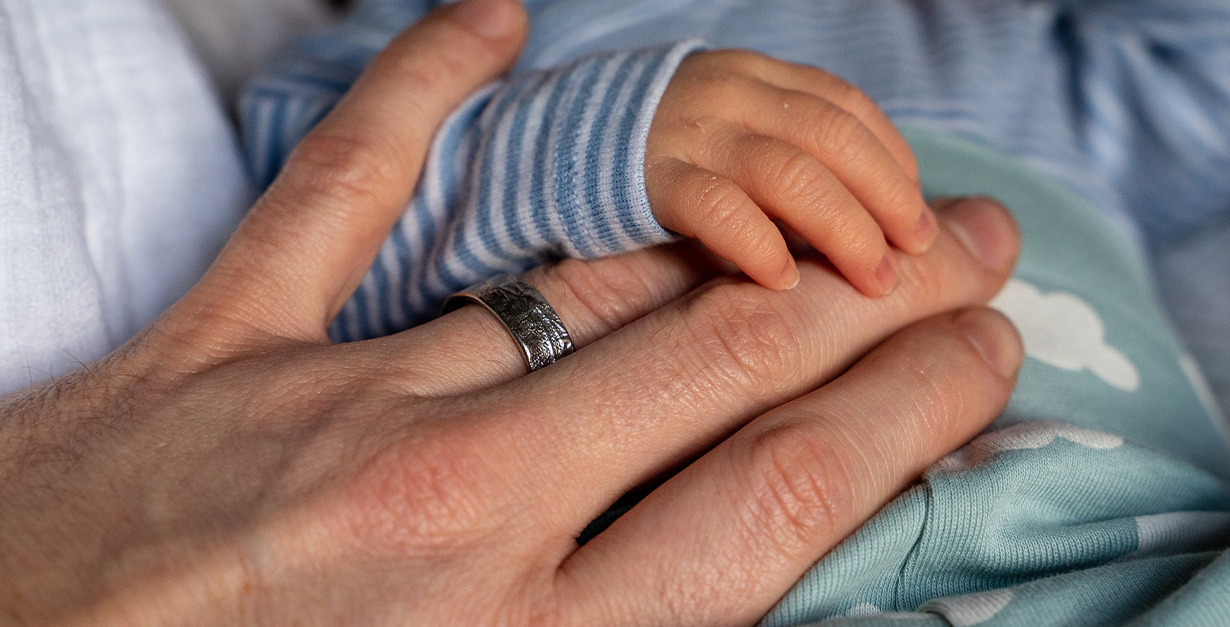Sleep Coaching Secrets — Best Tips from Michelle Donaghy, GSC
I come across these issues often in my private practice, so thought I would share them with you. Once you’re ready to start sleeping coaching, following these sleep coaching secrets will help you achieve success and get the much needed sleep for you and your little one. She’ll help you:
- Learn independent sleep at bedtime
- The difference between falling asleep at bedtime and during night wakings
- Nobody really sleeps through the night
Learn Independent Sleep at Bedtime
Sleep coaching secret number 1: Start at bedtime.
I have had many parents tell me “we tried that awake thing at a nap once and it didn’t work” or “I tried that in in the middle of the night and it didn’t work.” These parents all started at the most difficult time to teach this lifelong skill.
Bedtime is also the time when you will be able to make better decisions. If bedtime is all you can handle right now, it’s ok to focus your efforts there. Once you get it right at bedtime, you will have the confidence to address the other times, like night waking and naps.
Have a nice, relaxing, structured bedtime routine and put your child into their bed while still awake. Then use the Sleep Lady Shuffle to comfort your child with your presence, voice, and touch. This is how, over time, your child will learn to put himself to sleep without your assistance.
Want to know more about how to put your child to bed awake at bedtime?
Read: Drowsy But Awake — The Cornerstone of Successful Sleep Training
Bedtime and Night Waking are 2 Different Skills!
Sleep coaching secret #2: Learning to go to sleep at bedtime without a negative sleep association is one skill. Learning to go back to sleep after a partial arousal during night-time is another skill.
I have had many parents tell me “he can fall asleep at bedtime — that is a breeze — he just won’t stay asleep.” I come across many children who can fall asleep independently at bedtime but need assistance during the night. This child hasn’t learned both pieces that are needed to sleep independently throughout the night.
Once your child has mastered bedtime, your child’s night waking will likely decrease — but not all the night wakings will go away. With consistency you can help your child learn to go back to sleep in the middle of the night without your assistance.
You mastered bedtime, now you will need to use The Shuffle to help your little one learn to go back to sleep in the night. When your child wakes in the middle of the night, do a quick crib side check to make sure all is well and return to your shuffle position then stay with him until he falls asleep. You will do this for each waking until 6am.
Night wakings getting you down?
Read: Night Weaning After Six Months: How to Gently End Night Feedings

Nobody Sleeps Through the Night!
Sleep coaching secret #3: The term sleeping through the night is very misleading. Everyone wakes in the middle of the night. We all pass through sleep cycles during the night. We switch from REM to non-REM and the change in our brain activity wakes us up a little bit. These are called partial arousals. We also have complete arousals, which wake you up a bit more and they occur every 3-4 hours in the night.
If your baby was rocked, nursed, bottled, or held to sleep at bedtime then they will need you to come back and help them again at each arousal.
What I frequently see parents do is:
- Confuse the partial arousal (or brain wake up) with a hunger wake up. The child may not have been hungry at all, but most will be happy to have a lil warm milk with mom and now you have reinforced the suck to sleep association. Ask your pediatrician how many hours your child can go without a feed at night. For all other waking’s use the SSS to help your child learn to go back to sleep.
- Rush in at the first peep and don’t give the child a chance to get themselves back to sleep, especially considering that you now know they are really just shifting sleep cycles. Often they are not completely awake.
- Come in to help the child, even when not in distress or crying. It is common for children to wake, cry out then go quiet or babble or moan until they drift back to sleep. If you rush in you are interfering with the child’s ability to learn how to put themself back to sleep after an arousal.
Learn about the Sleep Lady Shuffle:
Read: The Sleep Lady Shuffle: How to Gently Sleep Train your Baby
I hope you have found these sleep tips helpful and that you and your little one are on the way to better sleep very soon!
Have no idea where to begin solving your child’s sleep issues?
Start with this guide.
About Michelle
Michelle Donaghy, Pediatric Sleep Consultant – Certified Gentle Sleep Coach
Making Sweet Dreams ~ Sleep Coaching for Children
Cell: 714 651 5116
Email:[email protected]
www.facebook.com/makingsweetdreams
Michelle is a Pediatric Sleep Consultant and Certified Gentle Sleep Coach. She offers parents a gentle and loving approach to their sleep problems. She is a a therapist, a mother, and a sleep coach. Michelle’s approach offers tired parents an alternative to the cry it out method. Her proven solutions are medically and developmentally appropriate and look at all aspects of your child to gently get them the sleep that is so important to the entire family.




